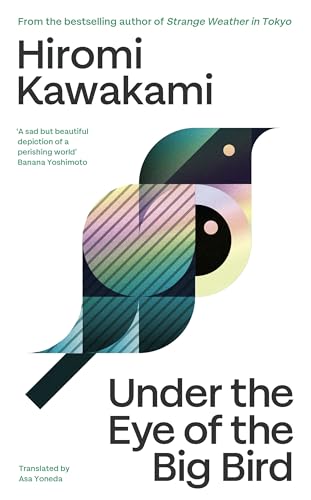What do you think?
Rate this book


288 pages, Paperback
First published April 22, 2016
”The humans kept doing the same things: loving one another, hating one another, fighting one another…You’d think they might have come up with something else to try, but no matter how many times they went around, they couldn’t seem to change course .”